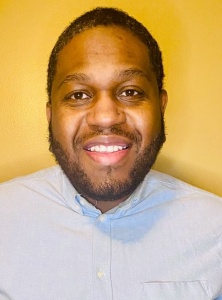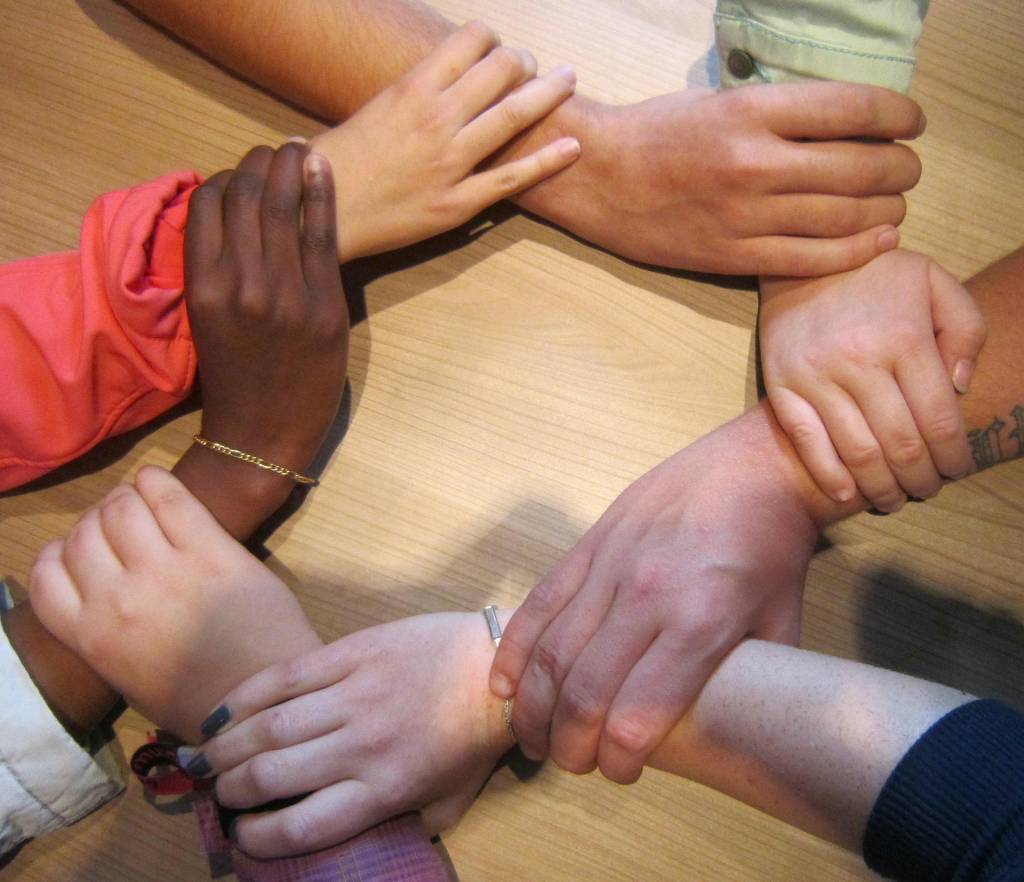
Cecil Holston is African-American and has been a mental health counselor at RFS Behavioral Health for 2 and a half years. He lives in West Toledo. NAMI Toledo’s Blog asked him questions for Minority Mental Health Month about mental health issues as they relate to Toledo’s African-American community.
- In your life and your work how do you see mental illness affecting African-Americans in the Greater Toledo area?
Mental Health affects African-Americans in Greater Toledo in two ways: avoidance and not understanding the positive benefits of mental health. As a therapist, I have noticed that African-Americans would rather avoid their mental health issues. I do think that as a [minority group] African-Americans have not received proper mental health education which leads them to have a…negative view towards mental illnesses.
- Do you think the Toledo community is doing enough to provide help or outreach to African-Americans suffering from mental health issues? What could be improved?
In Toledo, there is not enough being done to help the African-American community understand mental health and the negative effects that it causes. In my opinion, there should be more educational opportunities in lower income areas, education for parents of children with mental illness, workshops, conferences, and resource fairs to provide information and education on mental health in a positive and beneficial manner.
- What is your perception of the role of stigma and how it affects African-Americans struggling with mental health issues?
The stigma of mental health within the African American community is getting better, but it is not where is should be. I think that there are counselors, therapists, and private practices within the city that are providing services, groups, and conferences to help with destigmatizing mental illness within the African American community. These individuals and tools that are being provided to the community are helping but we have a long road ahead to helping African-Americans access mental health services that they trust and want to utilize.
- Do you know of any collective movement in the African-American community working to improve services and resources for people struggling with mental health issues?
The only collective movement that I can think of and am apart of within the greater Toledo area is African-American Leadership Initiative through NAMI Greater Toledo. There are individual therapists and counselors in the city that are providing resoruces and services to individuals within the African-American community and making sure that those individuals are receiving education on mental health.
The African-American Leadership Initiative through NAMI Greater Toledo is a collective of professional individuals within the city of Toledo focusing on educating the African American community on mental illness, providing resources to the community, and scheduling an annual African-American Mental Health Conference.
- Given the recent news about police use of excessive force against African-Americans, some instances of this have involved police dealing with troubled individuals suffering from mental illness symptoms. Would you like to comment on how Toledo police should behave with regard to African Americans with mental health issues?
One thing I would love to see happen with the Toledo Police Department is..[for the department to recruit] social workers on staff and standby to help with individuals with mental illnesses, especially African-American counselors. When it comes to how Toledo Police should behave towards individuals with mental illnesses, I believe that there are CIT (Crisis Intervention) officers on staff, but there are not enough to help with all calls. When anyone is dealing with an individual with mental illness in crisis the first response should be to de-escalate the situation with a calm voice and to have an open stance when speaking to the individual.
- Tell me anything else on your mind regarding mental health and the African-American community in the Toledo area.
Mental Health within the African American community in Toledo is making some progress, however we have a lot of work ahead to help with destigmatizing mental health and making all mental health services accessible and affordable.
~

